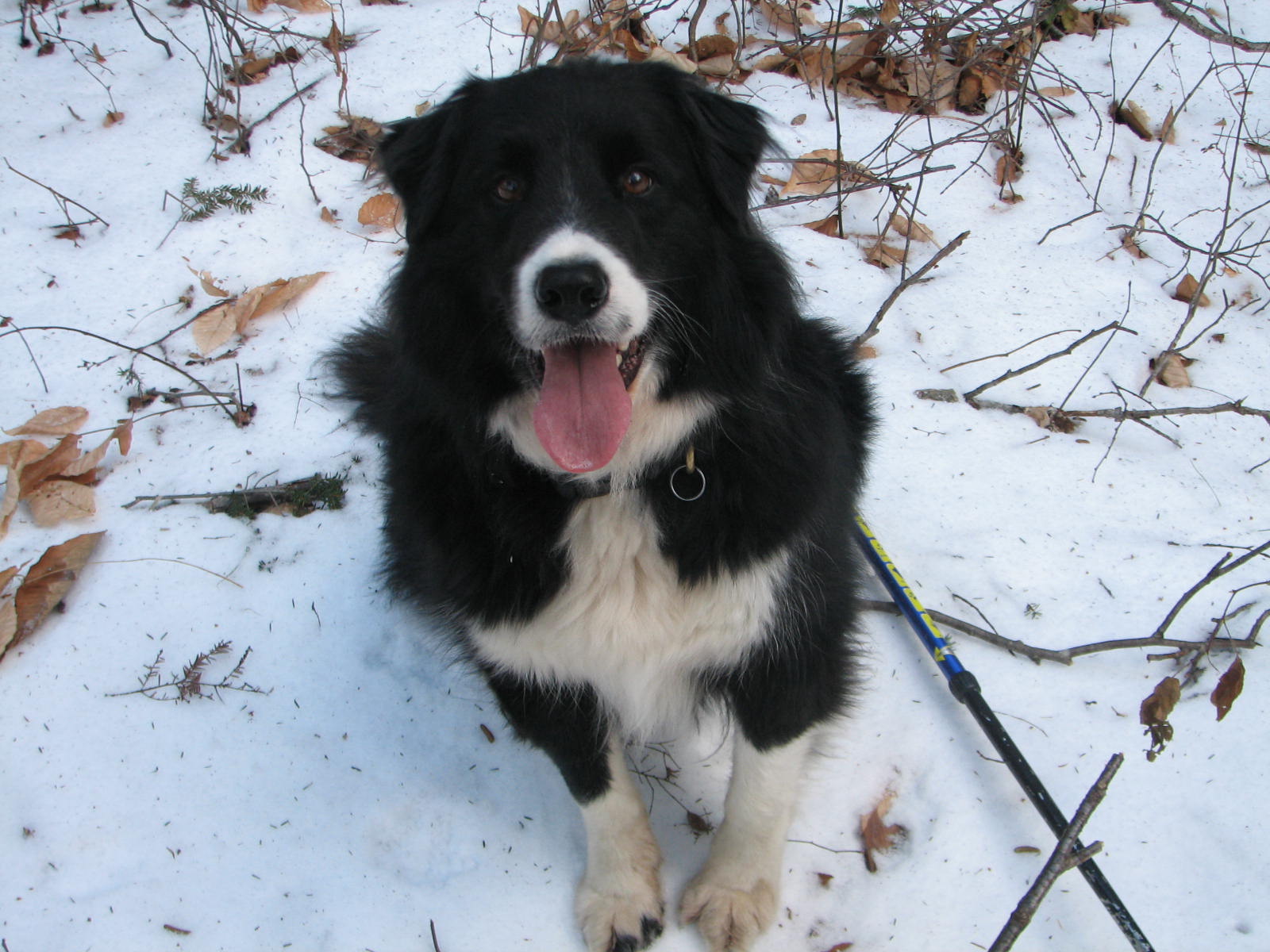
In general, I prefer to have relationships in my life that do not include conflict and bad feelings. For years I’ve worked as a leader for groups of adventure travelers, or those brave enough to get into a raft on a river with me, and I always found that asking nicely gets me where we need to go.
Well…. there was the time I was traveling with a group of teenagers for 6 weeks through the Southwest. One morning not only wouldn’t they get off the roof of the van where they had slept, they had left the previous night’s dirty dish water sitting out, something they had been told repeatedly, never to do, to avoid attracting critters into camp. My repeated attempts to ‘ask them nicely’ to get up so we could start our day failed and there was this bucket full of dirty dish water that I wasn’t happy about, and you can probably guess what my next move was. My actions got them off the roof, but they were not happy with me and any satisfaction I got by venting my frustrating was gone when I had to deal with the indignation of teenagers for days. I got some satisfaction from my behavior, and I may have gotten what I wanted from them, but it was a response born of frustration and anger. I regretted doing it.
Dogs are intelligent and sophisticated thinkers. We love to hear stories of their escapades that prove they are. And these stories abound. Dogs who pull injured dogs off highways at risk of their own lives, dogs who walk directly to the saddest person in the room and offer their furry heads for petting, dogs who care for sick or injured animals of another species. You might say it’s all instinct, hardwiring that involves little conscious thought. And in some cases it might be, but anyone who trains using reward based techniques has seen dogs thinking, figuring things out, with deliberate concentration on the task at hand.
There are few offenses in my world that require punishment of dogs that scares or intimidates them. If they don’t know the right thing to do, it’s my responsibility to teach them. Using reward based training techniques has meant they are more than happy to learn.
This post was written for Blog-a-thon 2011 to help raise money for homeless animals at the Nebraska Humane Society. Click here to donate!





